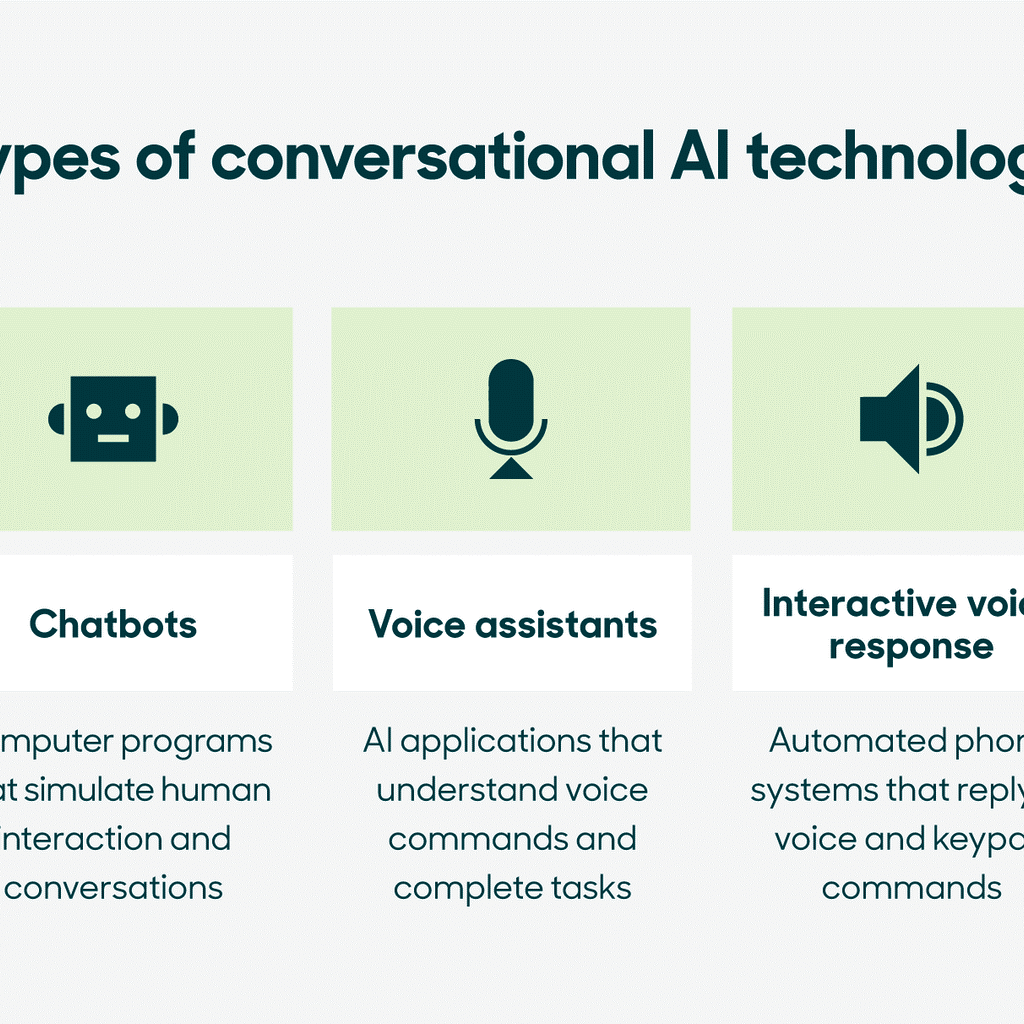In today’s rapidly evolving digital world, the way we communicate is constantly evolving. Conversational AI, an advanced technology that enables machines to engage in human-like conversations, has emerged as a turning point in improving customer service, streamlining business operations, and identifying re the way we interact with technology. This blog post explores the transformative potential of conversational AI and its profound implications for business and society.
The Rise of conversational AI
Conversational AI, also known as chatbots or virtual assistants, has become popular in recent years. This increase can be attributed to advances in natural language processing, machine learning, and increased data availability. These technologies have enabled machines to understand, produce, and respond to human language in a way that closely resembles real human interaction.
Improve Customer Service
One of the main applications of conversational AI is in the field of customer service. Gone are the days when customers had to navigate annoying automated phone menus or wait in long lines for help. Now, chatbots can quickly answer customer questions, offer support, and provide information 24/7. This not only improves the customer experience, but also reduces the workload of customer support agents, allowing them to focus on more complex issues. Revolutionizing e-commerce
The e-commerce industry has also adopted conversational AI. Virtual sales assistants can guide customers through their purchasing journey, answer product-related questions, and provide personalized recommendations. Chatbots integrated into e-commerce websites can also facilitate order tracking, returns, and refunds, making online shopping more convenient and engaging.
Streamline business operations
Conversational AI is not just about customer-facing applications. It can also be a powerful tool for internal operations. From scheduling meetings to automating routine tasks, chatbots can help businesses streamline processes, saving time and resources. This technology is especially useful in industries like healthcare, where it can facilitate appointment scheduling and patient support.
Personalization and user engagement
Conversational AI enables businesses to deliver more personalized and engaging experiences to their customers. By analyzing data and user interactions, chatbots can tailor their responses and recommendations, making users feel more valued and understood. This personalization can lead to increased user engagement and customer loyalty. Ethical challenges and considerations
While the potential of conversational AI is huge, it also poses challenges. Ensuring data security, combating algorithmic bias, and maintaining human touch in interactions are important concerns. Finding the right balance between automation and personalization is essential to creating a positive user experience.
The Future of Conversational AI
As technology continues to advance, conversational AI is poised for even more notable advancements. With the integration of AI into virtual and augmented reality environments, the way we communicate with machines and interact with the environment will change significantly. We can expect more human-like interactions, increased use in education and healthcare, and access to more languages and cultures.
In short, conversational AI is changing the way we communicate with technology and each other. Its applications range from customer service to business operations and have the potential to redefine industries and user experiences. As we navigate this exciting era of AI-driven conversations, it is important to harness this technology responsibly, ensuring that it improves our lives rather than causing harm. harm them. With the right balance, we can unlock the full potential of conversational AI, ushering in a new era of transparent, efficient, and personalized communication.
